|
It’s no secret that the solar industry in the U.S. continues to gain steam, however the accessibility for most American homeowners remains limited. For example, according to the calculator for Google’s Project Sunroof, an extensive mapping tool that assesses the costs and benefits of installing solar panels, in certain areas of Washington D.C. the savings of solar would only be $1,000 over a 20-year lease.
However, Arcadia Power, a national clean energy platform, recently announced the addition a community solar project that aims to provide consumers with affordable access to solar energy and maximum savings. Last month, the D.C.-based startup unveiled its Portable Panel program. For only $100 each, customers can buy solar panels—but don’t expect to see new panels popping up in your neighborhoods. Instead, the model will mirror that of Acardia’s main program. One of their development partners will construct panels for solar farms across the country. As those solar panels produce power, Arcadia will then take the revenue generated and credit their customers’ utility bills. That way, subscribers across the country can help generate more clean energy without the hassles of installing and maintaining solar panels.
1 Comment
Five health-focused companies joined 1776 in Crystal City recently, after the incubator and MedStar Health named winners of the #Patients2Consumer startup challenge. Eleven startups competed earlier this month to join the three-month MedStar Innovation Lab Cohort. As the name suggests, Columbia, Md.-based hospital and healthcare facility operator MedStar Health is a prime partner. Of the five selected winners, two companies hail from D.C. VEDA Data Solutions incorporates AI to provide dashboard free data science tools, eliminating the team of scientist required to operate the dashboards and their “lofty promises without real results” according to CEO Meghan Buck. Before joining the MedStar Innovation Lab, VEDA landed a contract with health insurance company Humana and began expanding their clientele in D.C. and Madison, Wisc. No matter how much they grow, the opportunity to showcase their product and cut through the noise generated by the overused buzzword “machine learning” remains of utmost importance to Buck and her team. “VEDA saw this partnership as a perfect opportunity to demonstrate how machine learning and AI can make healthcare work better,” Buck told Technical.ly. “Updating provider directory data, cleaning up claims and automating provider network performance might not sound like the kind of technology that fundamentally changes healthcare– but the cost savings are enormous.” The other D.C.-based company in MedStar’s Innovation Lab is Pacify Health. Like VEDA, this isn’t the startup’s first major partnership.
Pacify aims to bridge gaps in the healthcare system by providing efficient support to new mothers and their infants. Concerned with the unnecessary panic and lack of care, CEO and cofounder Ben Lundin said that he sees “a real opportunity for technology and telemedicine in particular to address some of these challenges.” Since we last visited him, Justin Siebel has pushed forward with his design company, Exit Velocity Design. Now he and Ashley Hudrick have started a new venture that takes a deadlier turn.
Siebel and Hudrick will set up shop in Siebel’s space in the Bok Building, the former South Philly school that’s being converted into a massive hub for artists and makers, for a series of three-day courses on different techniques in special effects (SFX) makeup. Day one focuses on demonstrations, while the remaining two days see participants paired up and testing out their newfound skills and techniques on each other. They catered to the “at-home” artist, and amateurs to professionals are all welcome. “I don’t believe in natural talent,” Siebel confidently told Technical.ly. For Siebel, it’s crucial that artists understand exactly what they’re putting their models through to improve their form.  Meet Amy Lee Walton. She’s the woman using her JFDI attitude to helm a hackathon that tackles gerrymandering. This weekend, Thursday Network will call on D.C. technologists for its inaugural hackathon to educate young professionals about gerrymandering and propose tech-driven solutions to raise awareness and fight the archaic practice. #UNHacktheVote2017 will run from July 20-22 and has Mapbox and The Iron Yard as leading sponsors. Walton, a cartographer at Mapbox and Personal and Professional Development (PPD) Chair at Thursday Network (the young professional arm of Greater Washington Urban League), felt inspired to create the event after a few choice words from one of her Twitter followers — and former president Barack Obama. “President Obama’s farewell speech at the start of 2017 was my call to action!” Walton told Technical.ly. “He said as American citizens it was our duty to serve as ‘anxious, jealous guardians of our democracy’ and challenged us to get involved, get engaged, and come together to demand change.” On August 4, Startup Weekend DC is offering the latest chance to launch a company in three days. Several times each year, the global grassroots association hosts 54-hour sessions to give entrepreneurs at all stages the chance to form a team, build and test a new product in front of an esteemed panel of judges and audience.
Each year, the D.C. branch’s event has a different theme. While social engagement has been a popular one over the last few years, civic impact will be the focus of this coming edition. Startup founders with an interest in driving civic engagement, public safety, or any idea that transforms or aides communities for the better are encouraged to participate. And the timing is anything but accidental. “We chose civic impact as it is particularly relevant given the current political climate and outpouring of people asking how they can make a difference in the government and their communities,” Erica Soultanian, Organizer for Startup Weekend DC: Civic Impact Edition, told Technical.ly. Soultanian also noted that D.C.’s proximity to the federal government and plethora of nonprofits makes the focus all the more worthwhile. “We hope to tap into this ecosystem and bring the community together to work on startups that will make a positive difference.” Soultanian said. Boundless is making moves in the GIS marketplace with a new partnership.
Boundless is an open source GIS (geographical information system technology) platform that enables its users to analyze patterns and relationships by pinpointing different kinds of location based data on a single map. The New York-based company has an office in Dupont Circle. Imagine your tech business is looking to expand into a storefront. With GIS technology, your business can map out the targeted demographics of your consumers over a geographic region. That way when it’s time to draft up a lease, your business is exactly where it needs to be. Boundless separates itself by conglomerating the open source GIS information into an easily accessible and scalable platform for businesses, without the high costs of other proprietary solutions. This morning, they announced today their new partnership with Mapbox, a leading location data and mapping platform for developers that recently opened a new D.C. headquarters. When we listed Quorum at the top of the realLIST in February, cofounder Alex Wirth told Technical.ly that the Trump administration put “a new focus on the importance of their work.” Wirth and company are expanding capabilities one branch over with the Weekly Congressional Productivity Index.
WCPI provides a digital snapshot of the weekly and year-to-date legislative productivity. It tracks productivity by legislative chamber, committees and top five congress members introducing new bills weekly. If your venture needs to track the relationship between members of congress and social media, Quorum’s latest tracks the most active member on Facebook, Twitter, Instagram and YouTube, and popular hashtags among these legislators. For those more interested in long term trends, WCPI also includes year-to-date graphs that highlight tendencies of bipartisanism, legislation introduction and success among both chambers. Capital One and Community Preservation and Development Corporation teamed up to bring innovative art and technology to affordable housing units in D.C.’s Ward 8. The new Makerspace inside The Overlook at Oxon Run opened to the public on June 28. The space focuses on serving budding community artists and technologists alike by bringing them together to share ideas, equipment and knowledge.
The CPDC/Capitol One Makerspace includes:
Additionally, this makerspace will be home to five artists-in-residence from the D.C. area with various backgrounds in audio/visual art and education:
|
Archives
September 2017
Categories
All
|

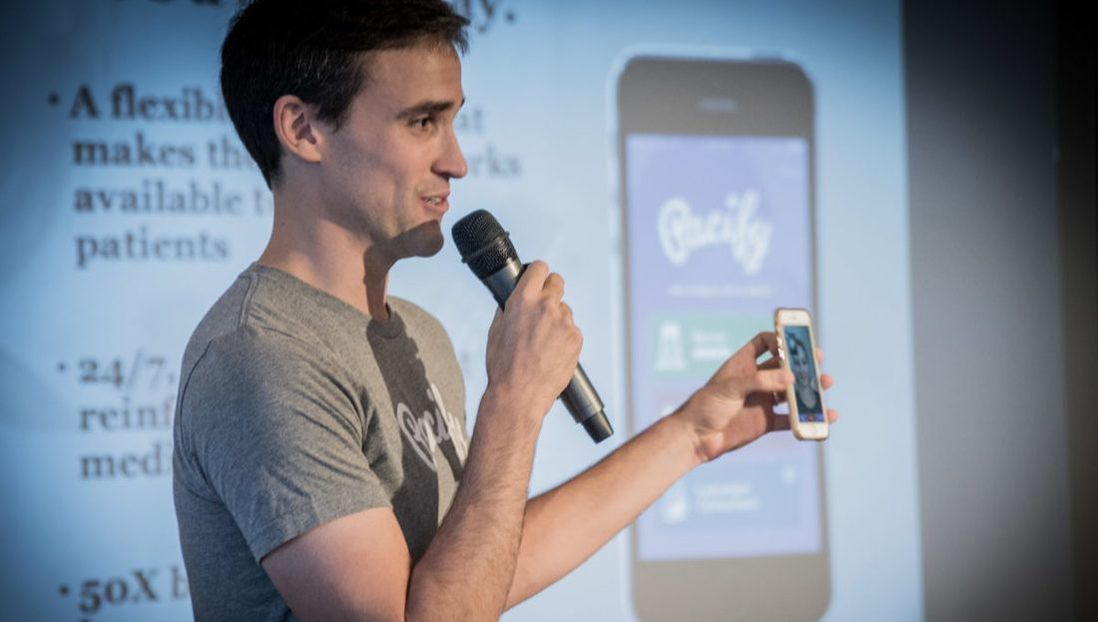
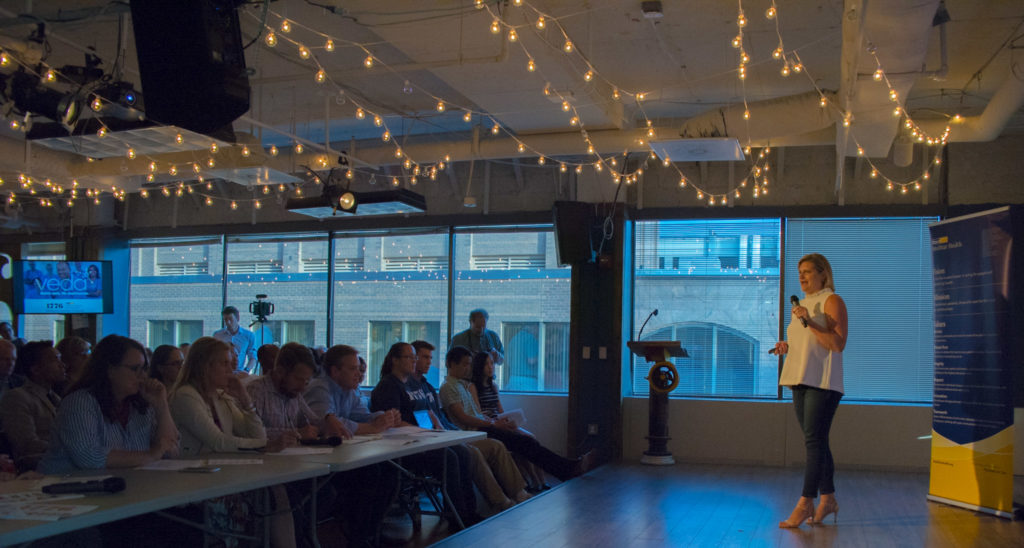
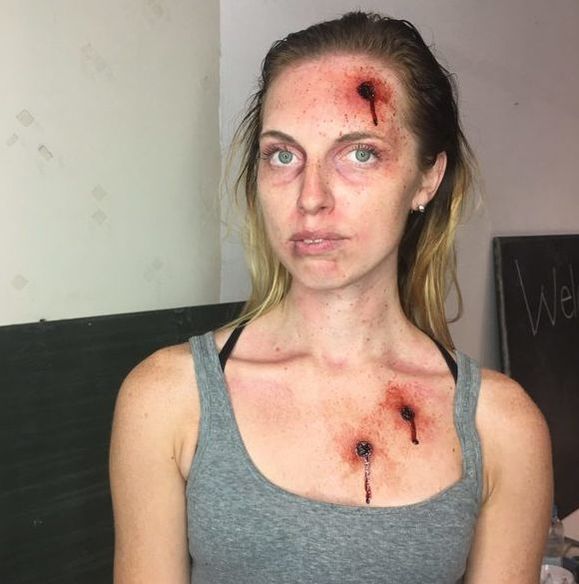
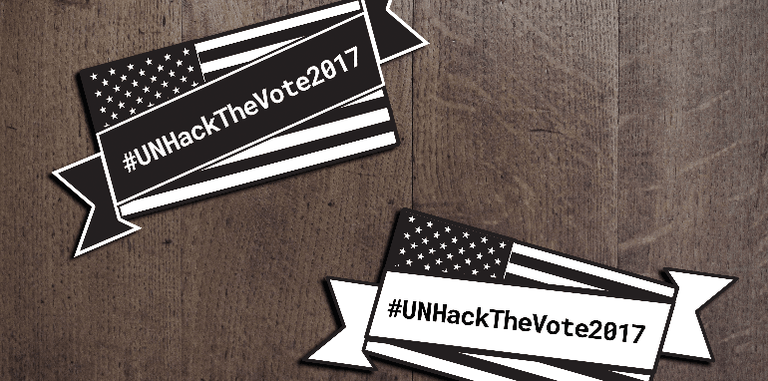
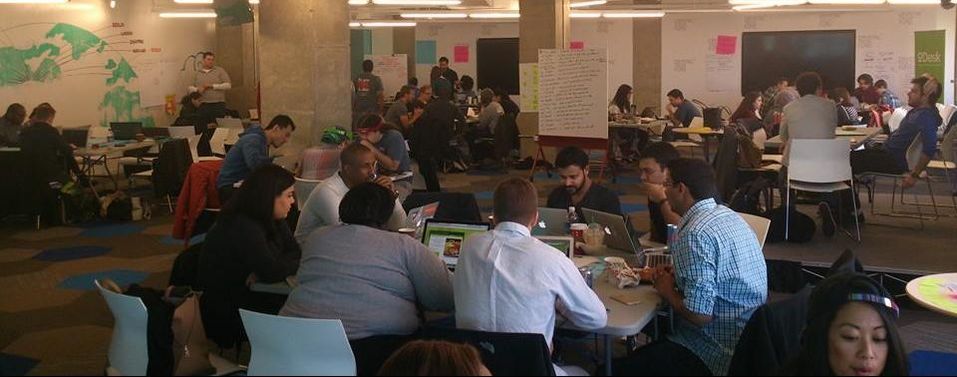
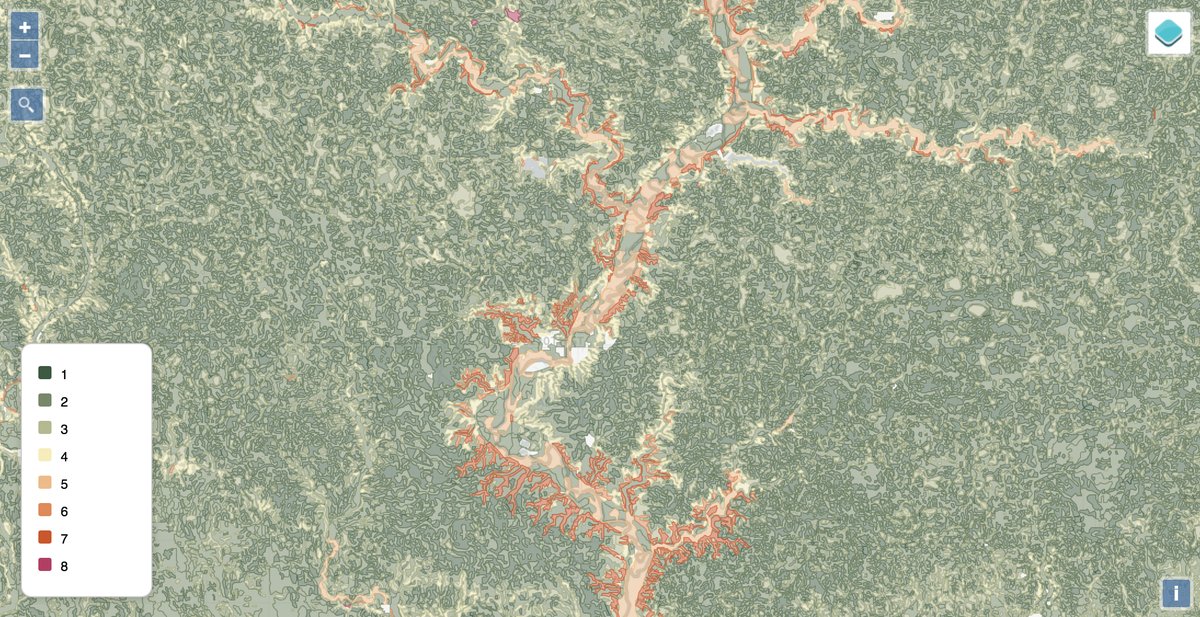
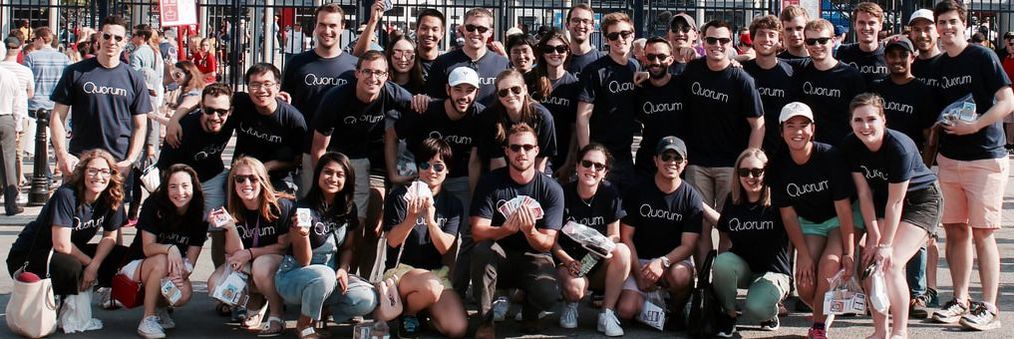
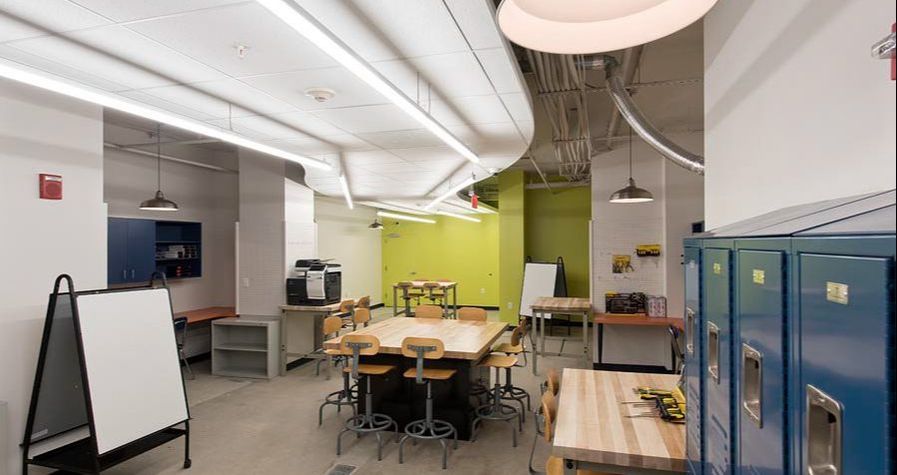
 RSS Feed
RSS Feed
